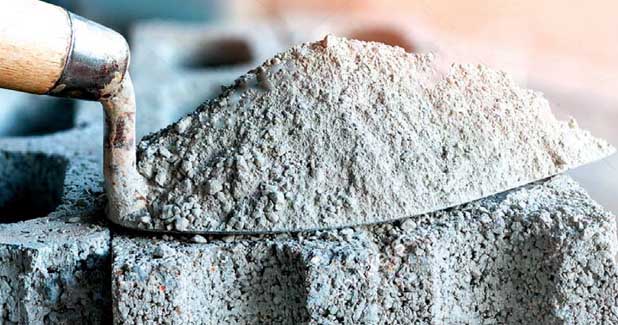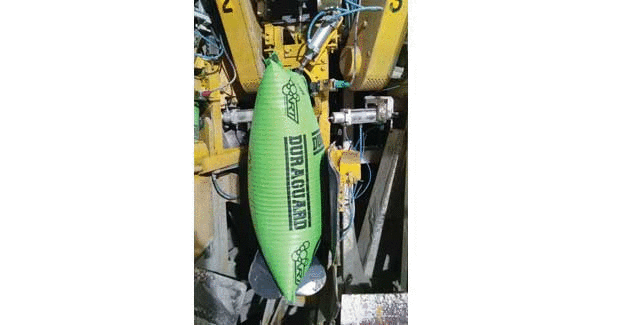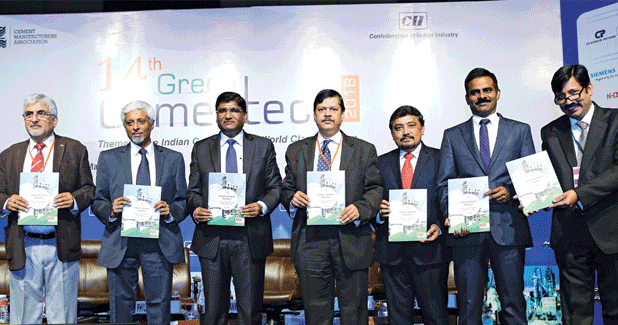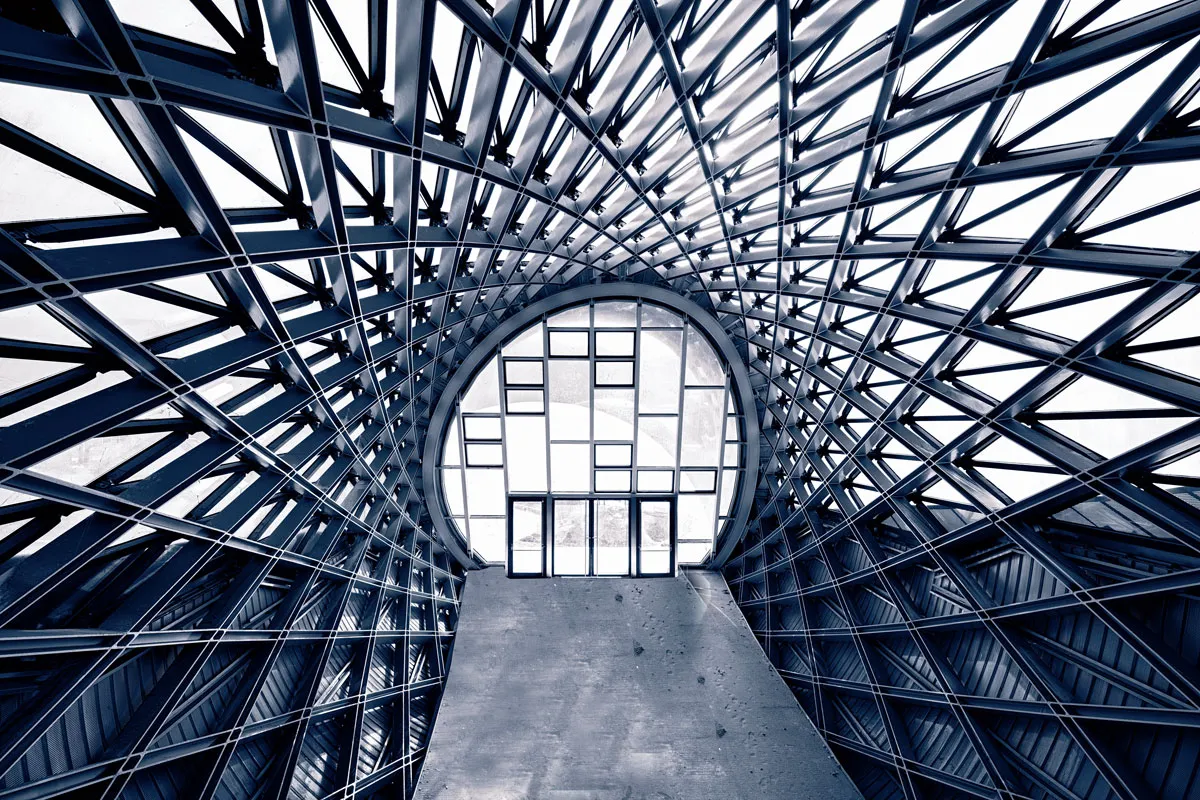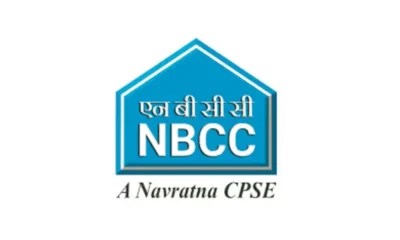The quarterly results of the cement producers are out. Vaibhav Agarwal comes up with the top takeaways. UltraTech
Strong: Bound to rerate with earnings rebound
Earnings were largely in line; we do not see any structural negatives. The marginally lower than expected EBITDA was only because of slightly lower volume and recovery in realisation. The focus on cost efficiencies continues, and opex/tonne was down 8 per cent y-o-y, and 1 per cent q-o-q.
The company is only focused on consolidation now. We maintain our rating, PT, and estimates for now, but we see significant potential upside to our target price in the medium term, driven by cement price recovery and UltraTech inching closer to wind up its consolidation.
Top takeaways
The management sounds extremely positive on demand revival. Guidance for demand growth in FY17 is at +7 per cent. Pet coke prices are inching up, and that may hurt in the medium term. However, the company believes that there are no fundamental reasons for the prices of pet coke to move so sharply; hence, a reversal trend may not be ruled out in the near? to medium?term. All efforts are on to consolidate Jaypee?s assets by Q1FY18. Jaypee will be EPS accretive by Q1FY19. The erstwhile Gujarat plant acquisition of Jaypee is now in line with industry standards; similar improvement is seen in the rest of the acquisitions. Capex spends will remain conservative and all energies will remain focussed on consolidating Jaypee. Capex spends will be skewed towards maintenance and environmental capex.
Outlook and valuation: UltraTech has a structural long?term support to its earnings because of its thrust to gain market share through capex and consolidation. We are bound to see price?target upgrades as and when consolidation with Jaypee wraps up; until then, price movement may remain range bound. UltraTech continues to remains the best structural fit in the industry and will gain maximum with improvement in cement prices. We maintain Buy with a price target of Rs 3,700 (unchanged). UltraTech currently trades at ~ $180 EV/tonne and on our price target, it will trade at ~$190 EV/tonne. We maintain target multiple at 15x EV/EBITDA FY18.
Ambuja Cements
Misses on volumes, but better prices in the north help in recovery
Top takeaways
Ambuja?s operating results in Q2CY16 were largely in line with our estimates and beat consensus by 12 per cent, despite the miss on volumes (like its sister concern ACC).
In our opinion, Ambuja has once again played the volume?cut strategy to benefit in terms of realisations (realisations were up 7 per cent q-o-q, and beat all peers). Management interactions suggest that the highest exposure to north India among all peers helped the company. EBITDA/tonne is at Rs 994 (+62 per cent y-o-y; +40 per cent q-o-q), in line with the industry leader, UltraTech, whose blended EBITDA (inclusive of white cement) was at ~Rs 1,012. Cost excellence continues at Ambuja. Opex/tonne lower by 6 per cent y-o-y and q-o-q was flat. We see an upgrade potential here for Ambuja, given that the consolidation with ACC is likely to be through shortly.
For the time being, we maintain our estimates and target multiple of 15x EV/EBITDA. Factoring in consolidation with ACC, with a 10 per cent holding discount, we upgrade price target to Rs 300 (+11per cent; it was Rs 230 earlier).
Key highlights
Ambuja?s performance in Q2 was in line with our expectations and beat consensus by 12 per cent on the operating front. Ambuja has outperformed all peers (ACC and UltraTech) in Q2CY16 on the operating front, largely driven by realisations. While UltraTech delivered a 6 per cent volume growth with flat pricing and ACC delivered a negative volume growth with no impact on pricing, it was only Ambuja that saw a price improvement of 7 per cent q-o-q, with a volume cut. We continue to see no disappointment on costs too. Opex/tonne is down 6 per cent y-o-y; q-o-q was flat (in line with the peer group performance).
Outlook and valuation: For the time being, we maintain our Neutral stance on Ambuja but we do see an upgrade potential here if Ambuja is able to sustain better prices for Q3 and Q4. We also believe consolidation proceedings with ACC will add to the rerating factor as Ambuja would get direct access to ~34 MT of ACC?s capacity. We have valued Ambuja at par with UltraTech (target multiple 15x EV/EBITDA) adding the benefit of consolidation with ACC (with a 10 per cent holding discount). Ambuja will face a tough time initially to protect its consolidated operating parameters and match ACC?s parameters to self, but we believe these issues will be addressed in time. In the initial period, consolidation with ACC will provide Ambuja only the much-awaited capacity rerating factor more than anything else.
Whether efficiencies are matched with the consolidation needs to be seen. On consolidated capacity, Ambuja will trade at ~ $175/tonne on our price target, which is ~10 per cent discount to our target valuations for the industry leader UltraTech.
ACC Ltd
Disappointing Q2 after a good Q1
Top takeaways from Q2CY16
Volume growth was a key disappointment. Negative volume growth in a scenario where peer growth was 6 per cent is unjustifiable. Operating margin is 1.3 per cent lower versus our expectation, largely due to no volume growth due to lack of focus in adding capacities. Operational efficiencies have sustained; realisation trend appears in line with peers. Near-term positive triggers are present -consolidation with Ambuja and commissioning of the Jamul expansion- but we see all the positives largely factored in. Despite upgrading the target multiple to 14x CY17 EV/EBITDA (12x earlier), and even after considering the benefits of consolidation with Ambuja, we see no upside. We maintain Sell with a revised price target of Rs 1,430 (Rs 1,230 earlier). The only potential trigger would be a recovery in cement prices.
Outlook and valuation: We maintain our Sell rating on ACC. The Jamul commissioning will be a near-term saviour and consolidation with Ambuja will bring in further focus by its parent to improve the cost structure here. The only possible incremental rerating factor for ACC would be a recovery in cement prices. Sustainability of cost savings, though, is a must. Despite upgrading the target multiple to 14x (12x earlier), we do not see any upside here. At target, the stock will trade at ~ $125/tonne ($145/tonne currently). Upgrade potential does exist, but that may not happen before we factor in CY18 earnings.
Shree Cement
Realigns price strategy – a much needed rerating trigger for the sector
Top takeaways from Q1 The much-awaited price strategy realignment is here. The 16 per cent q-o-q realisation jump is huge (inclusive of subsidies of ~Rs 350 million). Given that peer realisations have grown 7-9 per cent, Shree Cement has realigned its pricing strategy and bridged its realisation gap with peers. In our opinion, this is good news for the sector. Resultantly, EBITDA is 28 per cent/19 per cent higher than our/consensus estimates. We have raised our realisation estimates for FY17 by 6 per cent and hence upped our earnings estimates.
Volume growth at 19 per cent y-o-y, though lower than estimated, is still robust (-4 per cent q-o-q; -5 per cent versus our estimates). However, the volume sacrifice has paid off well. In several notes in the past, we have said that Shree Cement has unparalleled competitive advantages, which would lead to a valuations rerating if it revisits its price strategy and this has happened in Q1FY17. The key will be to sustain this strategy. If it continues to deliver no negative surprise, the stock may still further re-rate marginally. It currently trades at ~ $280/tonne (~2x replacement), the richest valuation in the sector, and may potentially touch $300-330/tonne.
Outlook and valuation
Given rich valuations of $280 EV/tonne (~2x replacement cost), the stock will remain range-bound. However, we expect limited rerating to $300-330/tonne if Shree Cement delivers no negative surprises to its price strategy.








